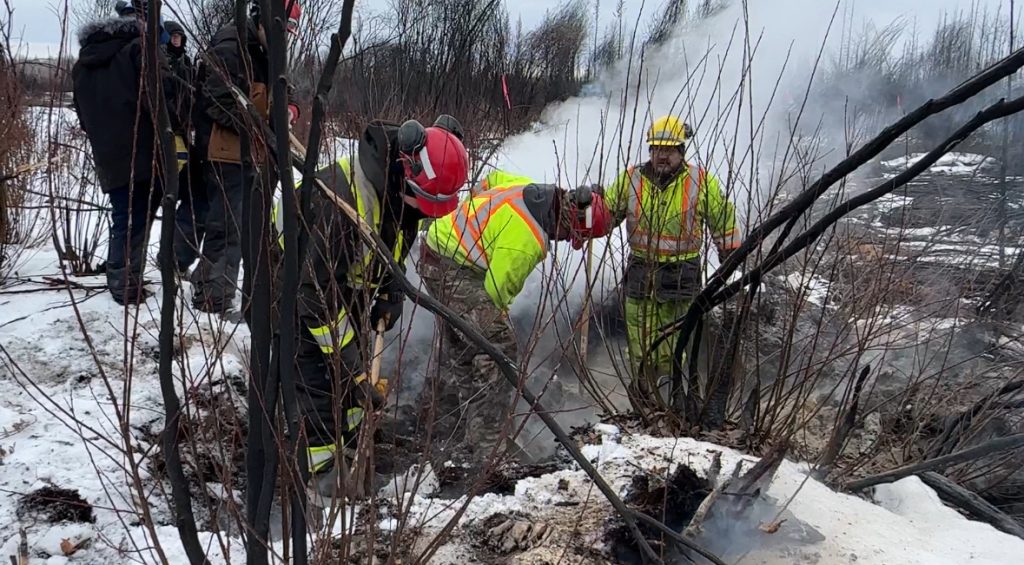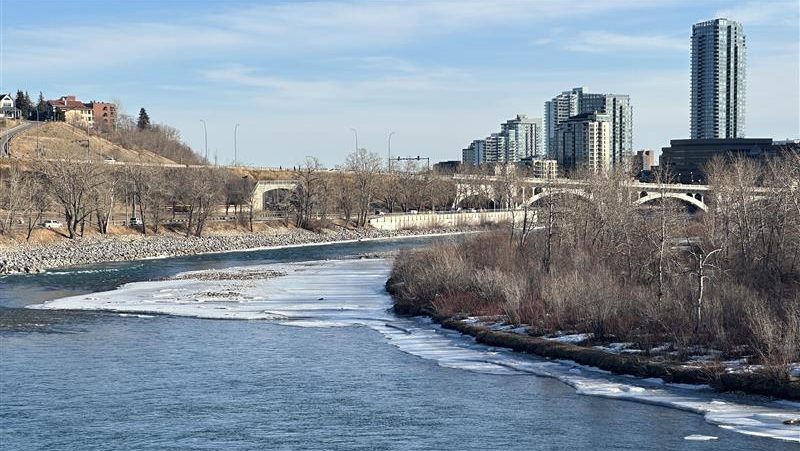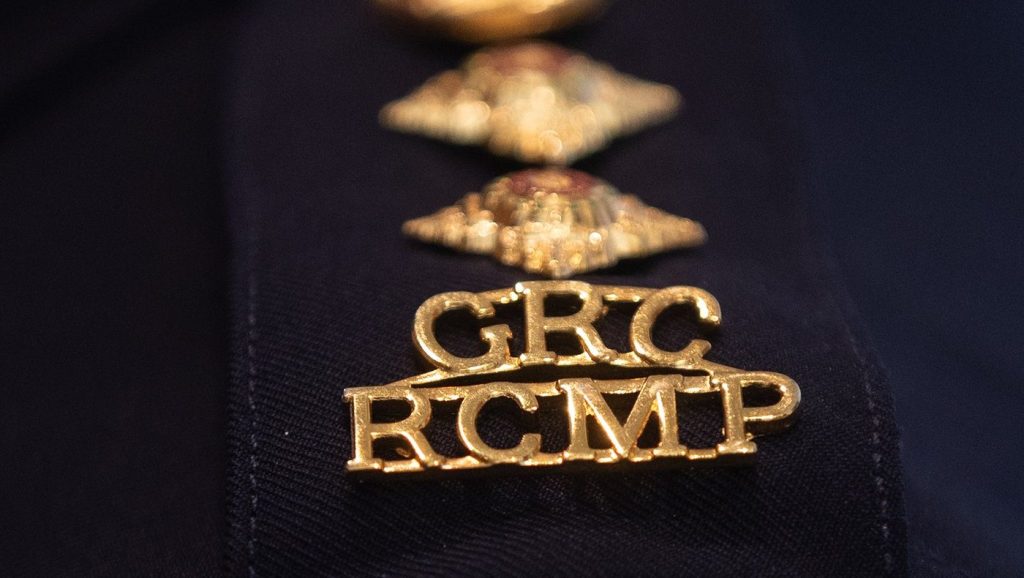Alberta committing more resources to battle wildfires in 2024

Posted February 8, 2024 12:41 pm.
After a record-breaking wildfire season in Alberta and across the country, the provincial government says it is preparing early for the 2024 wildfire season.
“We’ve seen some of the fires that started this past season started earlier than we would have expected, in fact so early that a lot of our lakes at that time even still had ice on them. So that reduced our ability to use the water bombers that skim water off the lakes. So we want to be prepared earlier with our crews,” said Todd Loewen, minister of forestry and parks.
Loewen says the province is aiming to be fully prepared for April 15, which is two weeks earlier than normal.
“We just want to make sure we’re prepared and have the crews in place, and again, as the fire reason ramps up we’ll take on more crews. A lot of our crews are Indigenous firefighters and we also have university students, so as the university season ends, then the fire season begins,” he said. “We will be bringing those crews on and making sure we’re ready for the fire season.”
Alberta is planning on having more firefighters available for 2024, however, Loewen says until the provincial budget is announced, the number of firefighters can not be disclosed.
“We have plans to make sure we are ready no matter what the budget turns out to be, but we are expecting good things in the budget for wildfire fighting,” explained Loewen.
According to the province, there are 57 wildfires still actively burning in Alberta.
“We have fire crews working right now and as we get closer to spring, the number of crews will ramp up and we will be sure we’re ready to go as the fire season kicks in,” said Loewen.
Firefighters near Fox Lake are still putting out hotspots from a blaze that ignited last summer.
“We are experiencing a more mild winter. This 2024 season we are expecting it to be hotter and drier but ultimately, it’s a little too early to tell. We will have to see what the spring rains bring for not only our area, but provincially,” said High Level Forest Area Wildfire Info Officer, Victoria Ostendorf.
RELATED: Alberta wildfires still burning from last year continue to threaten nearby communities
Many firefighters are expected to be returning in 2024, and training is underway for new crews. The province has reportedly seen a record number of applications to become wildfire firefighters.
“The conditions are leaning towards a bad season again, but some snow in the next month or so could make a big difference, and some timely rains in the spring could make a huge difference too. And that could turn the bleak look we have right now looking forward into a lot rosier look,” said Loewen.
“It’s interesting, compared to the five-year average to the 2023 season, we’ve had about the average number of fires,” he added. “The difference was the size of those fires, and the amount of force that they burned. And of course that just creates more volume of area to have hold-over fires in.”
With unseasonably warm temperatures and low precipitation across the province, this spring could pose a challenge for firefighters- despite early preparation.
“We left the fall with very high to extreme fire danger, and we are probably going to be seeing that again in the spring,” said Melissa Story, Provincial information officer with Alberta Wildfire.
The province notes new technology helped with battling wildfires in 2023.
“We used a little bit of the drone technology this past year for fire mapping, and using that thermal imaging, especially at night. So we will be using more of that this year. That was very helpful because we were able to look at what the fire was doing at night and then be able to know where to have crews in the morning to start fighting the fire in the morning,” explained Loewen.
“I believe we were the only jurisdiction in Canada that had a night vision helicopter. And that night vision helicopter helped with the same thing, it helped watch the fire at night, it helped determine where we put crews, but it also helped suck up water and drop water on the fire at night,” the minister added. “At night, quite often the temperature drops and humidity rises and that actually brings the fire level down dramatically which makes it the most effective time to fight the fire.
“When you have flames 20 meters high, there is almost nothing you can do to stop that fire,” Loewen said. “But in the middle of the night, when flames are a meter or less then obviously the amount of water you put on it, and the amount of suppression you put on it makes a lot bigger of a difference than when it’s at its peak in the middle of the day.”
As for all the damage done, Loewen says it’s heartbreaking to see communities that were disrupted.
“I think it was about 50 communities that had some form of evacuation last year,” he said. “We know this disrupts lives and families and businesses and work schedules and everything and we want to be sure we reduce that as much as possible going forward.”








